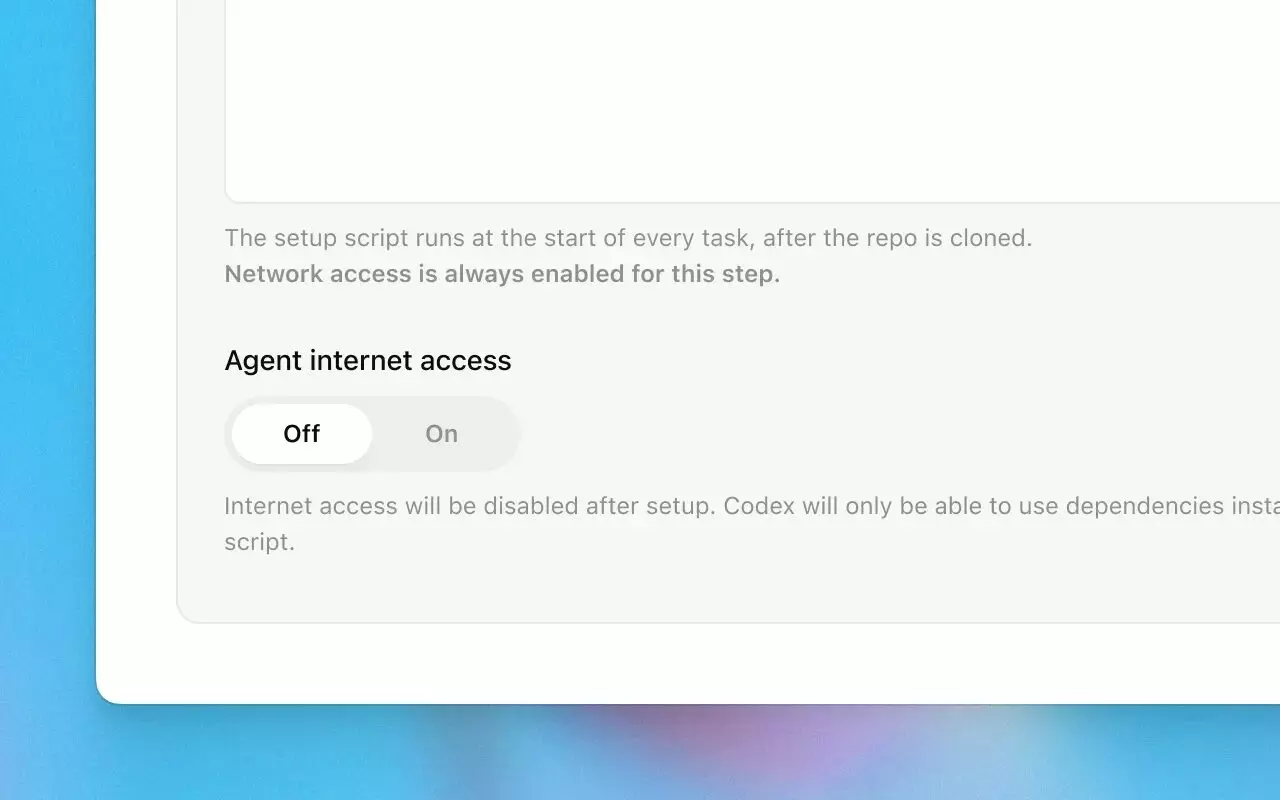It’s Time to Kill Siri
For nearly a decade, Apple’s voice assistant, Siri, has been a ubiquitous presence on iPhones and other Apple devices. Yet, despite its early arrival in the market, Siri has frequently been the subject of criticism and even ridicule among users. While competitors like Google Assistant and Amazon’s Alexa ascended in terms of perceived effectiveness and capability, Siri seemed to lag behind, often seen as a tool primarily for basic tasks rather than a sophisticated personal assistant. Recent developments within Apple have brought the state of Siri back into focus, particularly in light of the company’s efforts in artificial intelligence and the mixed reception to its initial offerings.
Apple’s journey into the competitive AI landscape has been closely watched over the past year. The introduction of Apple Intelligence, coinciding with the launch of the iPhone 16, was anticipated to mark a significant step forward. However, initial impressions indicated that it fell short of expectations for many. Simultaneously, the promised substantial improvements to Siri, previewed at WWDC 2024, have yet to be fully realized. While Siri did receive a refreshed appearance and integration with ChatGPT, a key feature – the ability to understand a user’s personal context by accessing data from emails, messages, notes, and calendars – was reportedly delayed indefinitely earlier this year, citing challenges Apple is facing, potentially related to privacy considerations.
This situation prompts a critical question: Even if Apple eventually delivers a more capable Siri, will users genuinely embrace it? Having been the first widely adopted smartphone voice assistant, Siri ironically hasn’t garnered the same level of trust or utility as its rivals. Its reputation for being less effective has solidified over time. If Apple is serious about ensuring its forthcoming enhancements to the voice assistant are taken seriously by its customers, it might need to consider a more radical approach. Perhaps the path forward involves following a strategy recently adopted by a major competitor: retiring the existing brand name in favor of something entirely new.
The Google Assistant Precedent
Google, Apple’s long-time rival in the tech space, has demonstrated a willingness to discontinue services that are no longer serving their purpose or align with shifting strategic priorities. This practice is so common for the search giant that a website exists solely to chronicle these discontinued services. Among the most recent and significant terminations is Google Assistant.

After a lifespan of nearly a decade since its introduction, Google Assistant is now in the process of being phased out across all the ecosystems it once inhabited. It is being replaced on Wear OS smartwatches and is slated for removal from Android Auto in the coming months. On Android phones, it is already no longer the default assistant, superseded by Gemini, as announced at Google I/O. By 2026, it is anticipated that the Google Assistant branding will have largely disappeared. This marks the end of an era for what was widely regarded as one of the most effective voice assistants of its time, seemingly retired without significant fanfare.
However, Google’s decision to completely replace Google Assistant with Gemini, rather than simply updating it under the old name, may have been a strategic masterstroke. Chris Harrison, who directs the Future Interfaces Group at Carnegie Mellon’s Human-Computer Interaction Institute, suggests that this change is primarily about branding, but with deeper technological roots.
“It’s primarily branding,” says Chris Harrison. “But it underlines a technology reason, which is that the previous generation of these assistants really weren’t very much like assistants. Asking for the weather and setting a timer—not very sophisticated. You wouldn’t really ask a personal assistant for those mundane tasks.”
Gemini represents a fundamentally different class of technology. Unlike its predecessor, it possesses capabilities that align more closely with the concept of a true personal assistant. Gemini can sift through your emails to find specific information, process and understand large documents, and even interpret visual input when paired with a camera-enabled device to offer assistance based on what you’re seeing. These abilities are vastly superior to what Google Assistant was designed to do.
Apple’s stated ambition with its AI initiatives is to achieve similar levels of sophisticated functionality, but with a strong emphasis on user privacy. This is why, for instance, when Siri integrates with services like ChatGPT, Apple aims to ensure that user data is handled securely and not simply passed along to third parties.
Harrison notes that Siri, unlike Google Assistant, initially failed to evolve significantly after its launch.
“Apple thought Siri’s capabilities would grow, but that didn’t really materialize; Siri kind of atrophied out of the gate," Harrison says. “Now, we’re in this new generation of things that are really much more like assistants—they can do reasoning, personalization.”
While both Google Assistant and Gemini utilize voice interfaces and might appear similar superficially, they are distinct applications built on different foundations.
“Simply renaming it Google Assistant 2.0 would not spur people to use it in a fundamentally different way,” Harrison suggests.
The clear switch to the Gemini name appears to have been crucial in guiding customer perception and encouraging users to view the new offering as something fundamentally different and more capable than its predecessor.
Interestingly, Apple and Amazon’s Alexa have historically enjoyed a cultural status that Google Assistant never quite attained. The names Siri and Alexa have frequently appeared in popular culture, making them more recognizable than Google’s more generically named voice assistant. This difference in brand recognition might explain why Amazon chose to retain the Alexa name, simply adding a “+” icon to signify the newer, more advanced version powered by large language models. It could also be a reason Apple has been hesitant to abandon the well-known Siri brand.
.jpg)
The Challenge of User Interface and Discoverability
Apple’s strategy might have worked if it had successfully delivered the promised significant improvements to Siri on its original timeline. The company invested heavily in marketing to promote Apple Intelligence and its potential impact, creating an expectation for a vastly improved Siri. This presented a prime opportunity to impress users with a more capable voice assistant. However, months later, many customers are still questioning why Siri, despite its new look, continues to feel less responsive and capable compared to expectations.
Beyond the branding, a more fundamental issue affects the adoption and utility of large language models and the voice assistants built upon them: the user interface. Harrison draws a comparison to the historical shift from command-line computing to graphical user interfaces (GUIs) in the 1980s and 90s. The success of GUIs wasn’t merely due to graphics, but their inherent discoverability and explorable nature. In the command-line era, users had to memorize specific commands to perform tasks. With a GUI, anyone could sit down at a computer and intuitively figure out how to navigate the operating system and interact with applications.
Today’s advanced AI models like ChatGPT or Gemini, while incredibly powerful, often present users with a blank prompt and the instruction to “ask anything.” This interface, or lack thereof, can be bewildering for the average person.
“It’s like we’ve gone back 30 years in interface design. They have no idea what to do or say," Harrison observes. He describes conducting an experiment where he presented the interface to his parents; they asked for the weather tomorrow, a simple task Siri could handle, but the AI responded that it couldn’t provide that information, highlighting the disconnect between user expectations and the AI’s capabilities or the user’s understanding of how to query it effectively.
“We’ve regressed in discoverability," he states. “A regular person, not the tech people, if all they’ve been doing is setting timers with Siri for the past 10 years, and now they have to think about it in a fundamentally different way—that’s an extremely hard problem."
For this reason, some form of renaming or rebranding the application is likely important to signal to users that this is a new kind of tool, requiring a different interaction model. The old expectations associated with Siri – primarily limited to basic commands – need to be shed to encourage exploration of the new, more advanced capabilities powered by underlying AI models.
Why a New Name Matters for Apple
Letting go of the Siri brand would undoubtedly be a significant decision for Apple. The company has invested over a decade in building the name’s recognition and integrating it deeply into its ecosystem. However, the reality is that for the vast majority of users, Siri’s utility remains confined to straightforward tasks like playing music, checking the weather, and setting timers. Most users are not currently pushing the boundaries of even Siri’s existing, relatively limited capabilities, let alone anticipating or exploring the features of a next-generation AI assistant. It’s difficult to envision this user behavior changing significantly, even if a feature-rich version of Siri eventually arrives as promised, as long as it carries the same name and the baggage of past performance.
The broader public’s understanding and adoption of the current wave of AI, particularly conversational interfaces, are still in their nascent stages.
“For 99 percent of the planet, this kind of AI revolution has totally gone over their head,” Harrison notes.
Similar to the gradual, decade-long transition from command-line interfaces to the user-friendly GUIs of the PC era, fundamentally rethinking how we interact with and utilize personal voice assistants will require time and user education. A new name could serve as a powerful signal to Apple users, helping them understand that this is not just Siri with a few extra features, but a genuinely new kind of assistant, potentially facilitating the necessary shift in user perception and interaction patterns required to unlock the full potential of Apple’s future AI efforts. The strategic move by Google to adopt the Gemini brand for its next-generation assistant suggests that a clean break might be necessary to reset user expectations and encourage exploration of advanced AI capabilities. Apple might find that retiring the familiar but underperforming Siri name is a necessary step to successfully launch its vision of a truly intelligent, privacy-conscious personal AI into the hands of its users.
.jpg)








Comments